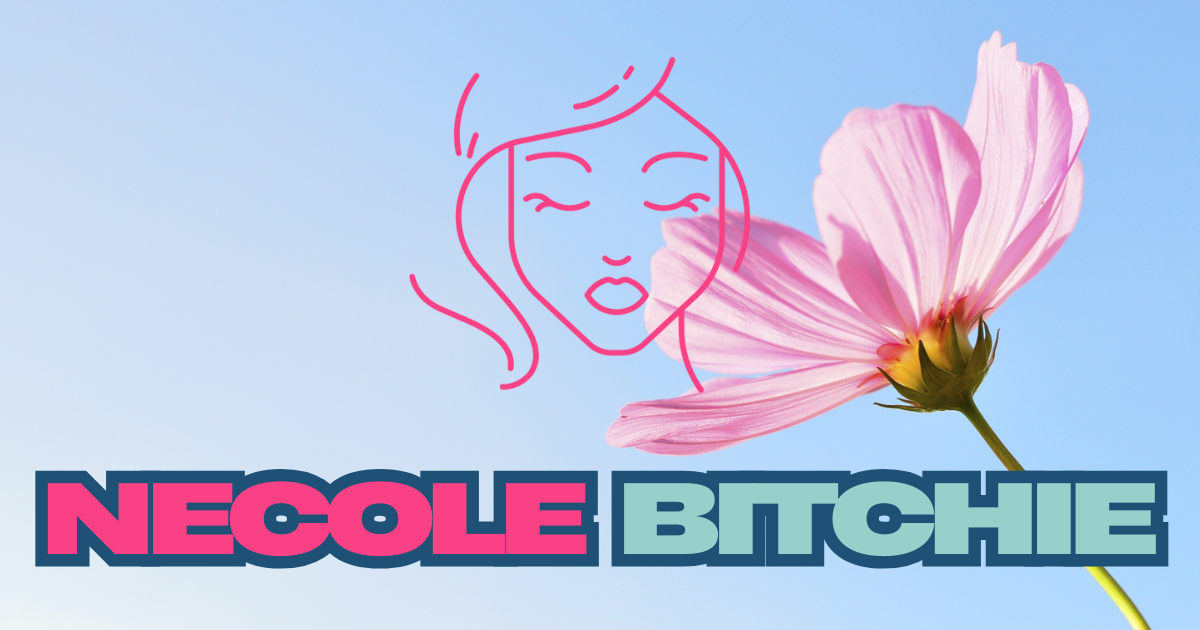Exploring the Arts and Humanities: Understanding Human Culture and Expression
Introduction: The Meaning and Scope of Arts and Humanities
The arts and humanities represent an expansive field of academic disciplines dedicated to understanding, interpreting, and expressing the human experience. These subjects go beyond rote memorization or technical skills-they engage with the core of what it means to be human, exploring creativity, critical thought, culture, and values. Though often spoken of together, the arts and humanities each have distinct areas of focus, yet their overlap is essential for a full appreciation of human society.
Defining the Arts
The term arts originates from the Latin “ars,” meaning skill or craft. In an academic context, the arts are concerned with the creation and appreciation of visual, auditory, and performative works. This includes painting, sculpture, music, dance, theater, literature, and cinema. Artistic disciplines emphasize the power of creative expression, encouraging practitioners and audiences alike to engage emotionally and intellectually with concepts, stories, and aesthetics.
For instance, a musician composes a symphony that captures the spirit of an era, while a painter uses color and form to express personal or cultural identity. The arts are not just about producing objects or performances but about interpreting the world and communicating complex ideas and emotions in ways that transcend ordinary language. Practical steps to explore the arts include attending live performances, participating in community art workshops, or taking introductory courses at local colleges or cultural organizations. Some museums and community centers regularly offer beginner programs for all ages, which you can find by searching for “community art classes near me” or visiting the official websites of local arts councils.
Defining the Humanities
The humanities derive from the Latin “humanitas,” referencing human nature and qualities. Humanities disciplines study human society, culture, and thought. Core subjects include literature, history, philosophy, languages, religion, and cultural studies. The humanities interrogate how societies form, how cultures evolve, and how individuals and communities express their beliefs and values.
As defined by the National Foundation on the Arts and Humanities Act, the humanities encompass the study and interpretation of language, linguistics, literature, history, jurisprudence (law), philosophy, archaeology, comparative religion, ethics, and more. These fields employ critical, speculative, and interpretive methodologies, seeking to answer questions about meaning, truth, and value in the human experience [1] . To get involved, you can join public lectures at universities, participate in book clubs, or explore free online courses from reputable institutions. Searching for “free online humanities courses” will often lead to programs from well-known universities or cultural organizations.
Key Differences and Overlaps
While arts and humanities are closely linked, they focus on different aspects of human creativity and inquiry. The arts are primarily about creation-making music, writing stories, performing plays, or painting landscapes. The humanities , on the other hand, focus on analysis, interpretation, and critical reflection-studying history, analyzing literature, or exploring ethical questions [2] .
However, these boundaries are not rigid. For example, art history and musicology blend artistic appreciation with humanities research. Literary study bridges art and critical analysis. This synergy allows for a richer understanding of both fields. If you’re interested in a multidisciplinary approach, consider programs labeled “arts and humanities” at universities, which often combine creative practice with analytical study. To explore these options, review the academic offerings at accredited institutions or visit official university websites for their program descriptions.
Disciplines Within Arts and Humanities
The arts and humanities encompass a wide range of disciplines, each with its own methods, traditions, and career pathways. Some common areas include:
- Visual Arts : Painting, sculpture, photography, film, and other visual media.
- Performing Arts : Theater, music, dance, and performance studies.
- Literature : Study of written works, from classical epics to modern novels and poetry.
- Philosophy : Exploration of fundamental questions regarding existence, knowledge, values, and reason.
- History : Investigation of past events, cultures, and societies, often with an emphasis on critical analysis of sources.
- Languages and Linguistics : Study of language structure, acquisition, and cultural impact.
- Religious Studies : Examination of religious beliefs, practices, and their influence on societies.
- Cultural Studies : Analysis of cultural phenomena, including media, traditions, and social practices.
Each discipline can lead to diverse career paths and academic pursuits. For example, a student of philosophy may go into ethics consulting, while someone studying visual arts may become a curator or designer. To find accredited programs, search for “accredited arts and humanities degrees” and review offerings from recognized colleges and universities.
Benefits of Studying Arts and Humanities
Studying the arts and humanities offers many personal and professional benefits, including:
- Critical Thinking : Developing the ability to analyze, interpret, and evaluate information from multiple perspectives.
- Communication Skills : Mastery of written, verbal, and visual communication through essays, presentations, and creative projects.
- Empathy and Cultural Awareness : Gaining appreciation for diverse histories, traditions, and perspectives, which is vital in a globalized world.
- Creativity : Encouraging innovation and original thought-skills highly valued in many industries.
- Adaptability : Building resilience and flexibility through engagement with complex and sometimes ambiguous material.
According to the American Academy of Arts & Sciences, employers increasingly value candidates with strong critical thinking and communication abilities, many of which are honed through arts and humanities education [3] . If you are considering a degree or coursework in these fields, review job listings for roles in education, publishing, arts management, nonprofit organizations, and public policy to see the wide range of opportunities.

Source: masterstudies.com
Career Pathways and Real-World Applications
Graduates in the arts and humanities can pursue careers in education, writing, public relations, arts management, cultural heritage institutions, government, and beyond. For example, museum curators, archivists, public historians, and arts administrators all rely on skills developed through these disciplines. Creative artists may find work in media, design, or entertainment, while humanities graduates may excel in law, diplomacy, or business.
To identify suitable pathways, consider informational interviews with professionals in your field of interest. Professional associations such as the Modern Language Association or the American Historical Association often provide career resources and networking opportunities. You can find these associations by searching for their official websites and reviewing their career services sections.
How to Access Arts and Humanities Education
There are multiple avenues to begin or continue your journey in the arts and humanities:
- Formal Education : Enroll in degree programs at accredited colleges and universities. Bachelor of Arts (BA) degrees are most common, but certificate and associate programs are also available.
- Online Learning : Many reputable institutions offer free or paid online courses. To find the most up-to-date offerings, search for “online arts and humanities courses” from universities like Harvard, Yale, or Stanford.
- Community Programs : Local libraries, museums, and cultural centers frequently provide workshops, lectures, and exhibitions. Check their official event calendars for current opportunities.
- Professional Associations : Organizations such as the National Endowment for the Humanities or the National Art Education Association offer grants, events, and resources. Visit their verified websites for more information.
If you are unable to find a specific program or resource, consider contacting the admissions or outreach office of your local college, university, library, or cultural center for guidance. Use official institution names and search terms to locate the most reliable information.
Challenges and Solutions
One common challenge for arts and humanities students is the perception of limited career prospects. However, data from the American Academy of Arts & Sciences shows that humanities graduates are employed across a broad array of industries, and their earnings often increase with years of experience [3] . Another challenge is access to resources, which can be mitigated by seeking scholarships, grants, and free online materials from organizations like the National Endowment for the Humanities. To find funding, search for “arts and humanities scholarships” and review application requirements on official association websites.
Conclusion: Enriching Understanding and Opening Opportunities
The arts and humanities are vital for fostering creativity, critical thinking, and cultural awareness. Whether your interest lies in creating art, analyzing history, or exploring philosophy, these fields offer a wide range of academic and career opportunities. To start your journey, explore verified educational resources, participate in community programs, and connect with professional associations for guidance and support.

Source: montanezdient1993.blogspot.com



